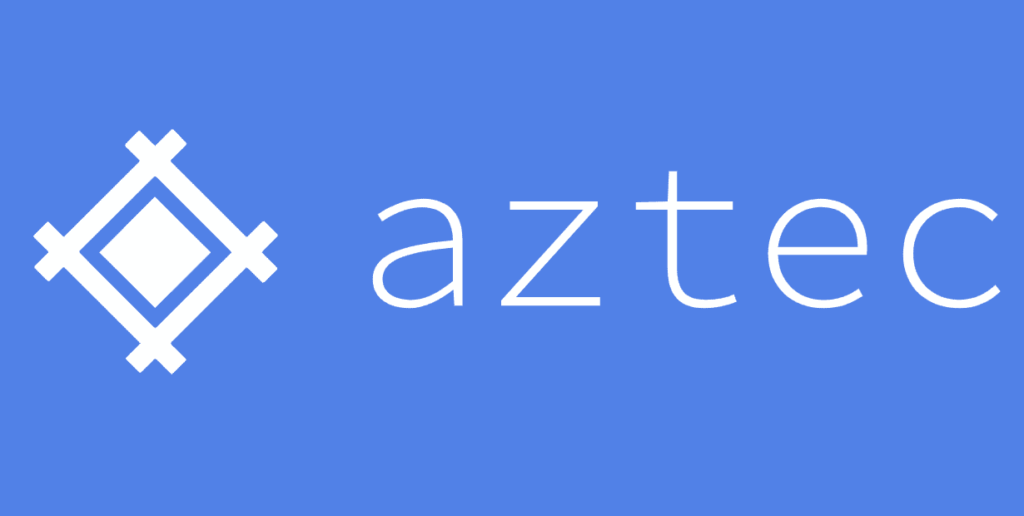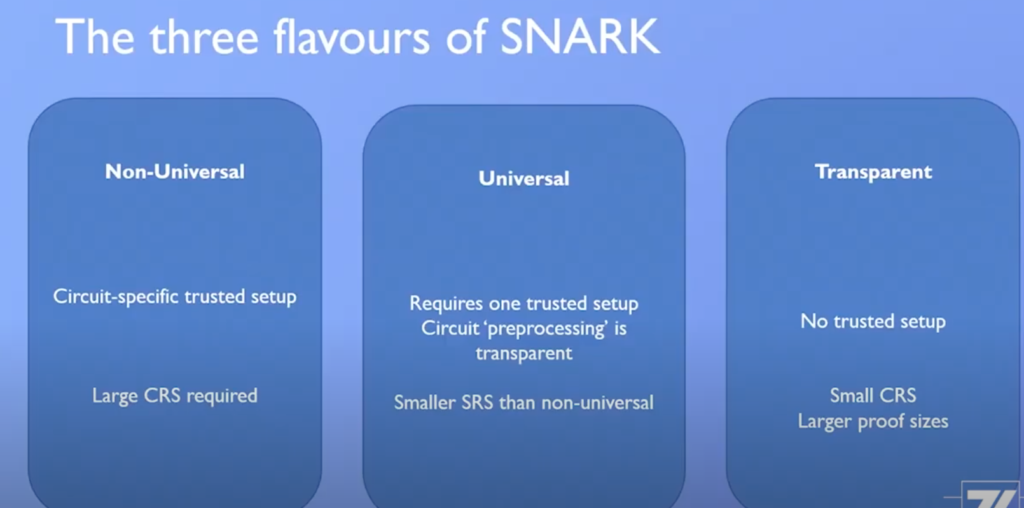
The Aztec Protocol is a privacy technology for Ethereum. It uses zero-knowledge proofs, to enable private transactions, private smart contracts, and the minting of private assets. With Aztec, users can make ANY ERC-20 token, as well as other digital assets, private! On-chain privacy is needed protect proprietary business data, income levels, political affiliations, and to block third party data mining. While blockchain privacy does exist, it is currently only native to a specific cryptocurrency, like Monero or Z-Cash. Aztec works now, try it at zk.money. You can shield, transfer, and un-shield zkDAI and zkWETH, yourself!
Whoa. 👀 https://t.co/PY4IK0CiaY
— Maker (@MakerDAO) November 30, 2018
BUT, Aztec offers MORE than privacy. It is a scaling solution that improves speed, reduces gas costs, and enables publicly verifiable private computation. Additional use cases include: confidential voting/governance, private decentralized exchanges, and anonymous group identities. This is all enabled using zero-knowledge proofs.
What is a Zero-Knowledge Proof?
Zero-knowledge proofs can prove a secret, without revealing the secret. They enable deep interactivity with private data, without exposing the data. For example, they can prove that (A+B) = (C+D) to a verifier, without the verifier even knowing what A,B,C, or D is! This could be used to show a user is over 21, without disclosing their birth year. Aztec’s proof construction is very fast. Execution time is in the range of 10 ms, which is very useable compared to other privacy solutions.
ZK proofs can also help ETH scale. The team has a goal of “Visa level” transaction capacity of around 2k TPS, using this technique.
Aztec’s Pre-built Toolset of ZK Proofs
Aztec’s ZK proofs are modular. They can be stacked like legos, to build privacy for complex functions. The functions include: minting, joining, swaping, dividends, and ranges. For example, multiple ZK proofs can create a private loan, with streamable interest. The Aztec team will first focus on privatizing trades, then work on more complicated transactions like CDPs, which are significantly harder.
What is PLONK? Other Types of ZK proofs.
PLONK is a new type of fast, universal SNARK construction allowing executed computation with complex business logic, and multi-party computation. It was created by Aztec’s founders Zac Williamson and Ariel Gabizon. Plonks add programability to the Aztec protocol. Soon Aztec will implement the new Plonk architecture, which will bring more complicated functionality to its privacy toolset. Other benefits of Plonk include prover and verifier efficiency, and very small proof sizes. Plonks will be a key element for Aztec’s scaling and privacy, moving forward.
Other projects like Dusk Network and Matter labs have recently switched to the cutting edge PLONK mathematics.

What are ZK rollups and ZK ZK rollups?
ZK rollups are a “zero-knowledge” scaling technology. They aggregate MANY transactions into one small proof. This proof, is then stored privately on-chain. This benefits privacy, scaling, and reduces gas costs. Utilizing ZK rollups will allow up to 2000 transaction per second (TPS), which is on-par with the transaction speed of Visa.
ZK² Rollups are different. They require verifiers to prove SNARKs inside of SNARKs. This is called recursion. This is difficult because “special mathematic conditions” must exist, or it will require a significant amount of computation. Aztec has made some R and D breakthroughs, which make recursion an option. ZK² Rollups further improve scaling and reduce gas costs on the Aztec protocol.
Why is Aztec Better than OTHER Privacy technologies, like Monero?
Monero can hide financial transactions, and balances, but ONLY for Monero. Aztec, on the other hand, can privatize ANY ERC-20 asset! Aztec makes the use-case for Monero invalid. Also, Monero doesn’t offer private smart contracts, reducing its functionality. Aztec takes a highly active blockchain (Ethereum), then privatizes it. In addition to privacy, Aztec also offers benefits to scaling, speed, and gas costs.
If a privacy layer is implemented, it opens up a variety of additional functionality. Exposed transactions could disclose political donations, income levels, and allow 3rd party data harvesting, which prevents mainstream use.
What is the Revenue Model of Aztec?
The revenue models being discussed for Aztec include: charging for the use of the SDK, or payment for rolling up transactions to reduce gas costs. Aztec could save money for blockchain businesses like exchanges, as it consolidates the gas costs of 100s of transactions, into just 1 transaction.
My Conclusion on Aztec
I think Aztec is very important tech for Ethereum. Its ability to privatize ALL ERC-20 tokens, is mindblowing! It allows advanced smart contract functionality, while shielding prying eyes from the data. Ethereum is already very active, so, privatizing existing assets makes more sense than creating a specific blockchain just for privacy, like Z-Cash or Monero.
Marketplaces could spring up around privacy, allowing users to buy/sell items, where secrecy is important. Spying and data collection will be stilted. A privacy layer will drive growth for Ethereum.
If you liked this article, follow me @defipicks